We may earn money or products from the companies mentioned in this post. This means if you click on the link and purchase the item, I will receive a small commission at no extra cost to you ... you're just helping re-supply our family's travel fund.
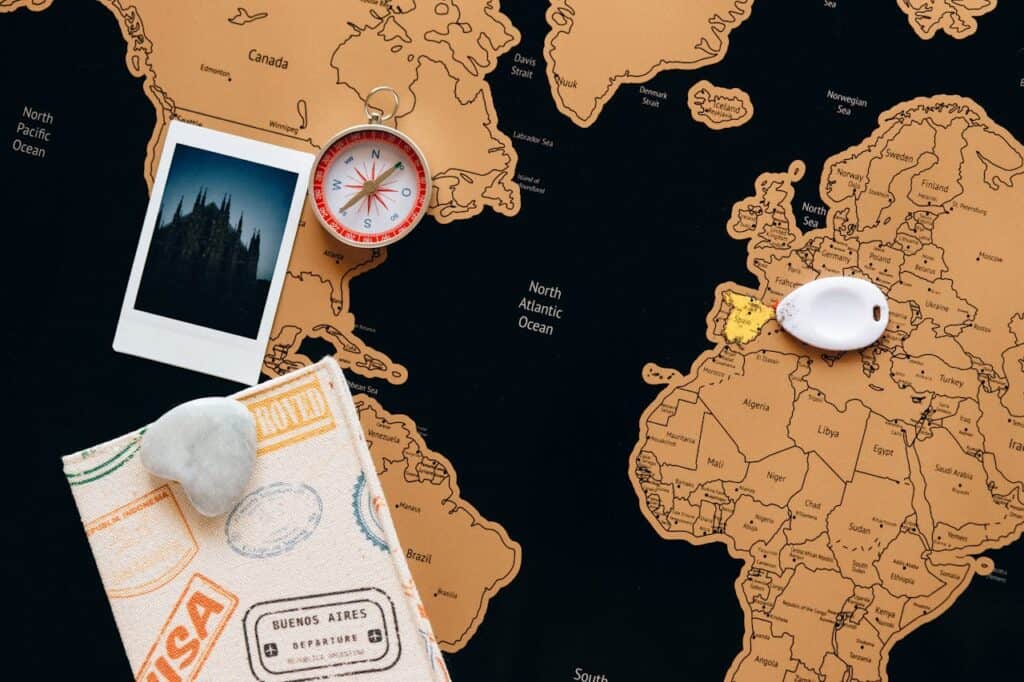
The U.S. passport is considered one of the most powerful in the world, granting entry to scores of countries with little red tape. But a handful of nations maintain strict visa policies, political barriers, or complicated entry systems that challenge even seasoned American travelers. Knowing where a U.S. passport won’t offer smooth passage and understanding the reasons behind those roadblocks can help avoid surprises, wasted time, and unnecessary travel headaches.
1. Russia
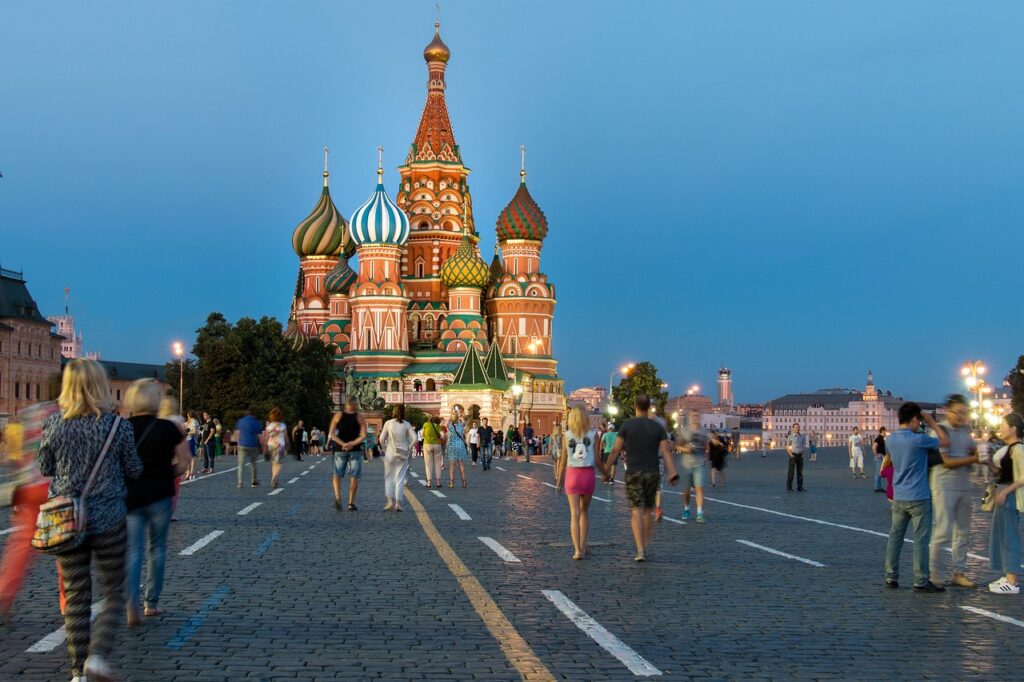
For Americans, entering Russia requires far more than just flashing a passport. A visa is mandatory, and the application process is lengthy and demanding, often asking for detailed personal information, confirmed itineraries, and even an invitation letter. Processing times can stretch for weeks, so last-minute trips are nearly impossible. On top of that, current political tensions have made approvals harder to secure. Even with a U.S. passport, expect to go through strict screening, limited access, and the possibility of outright denial.
2. China
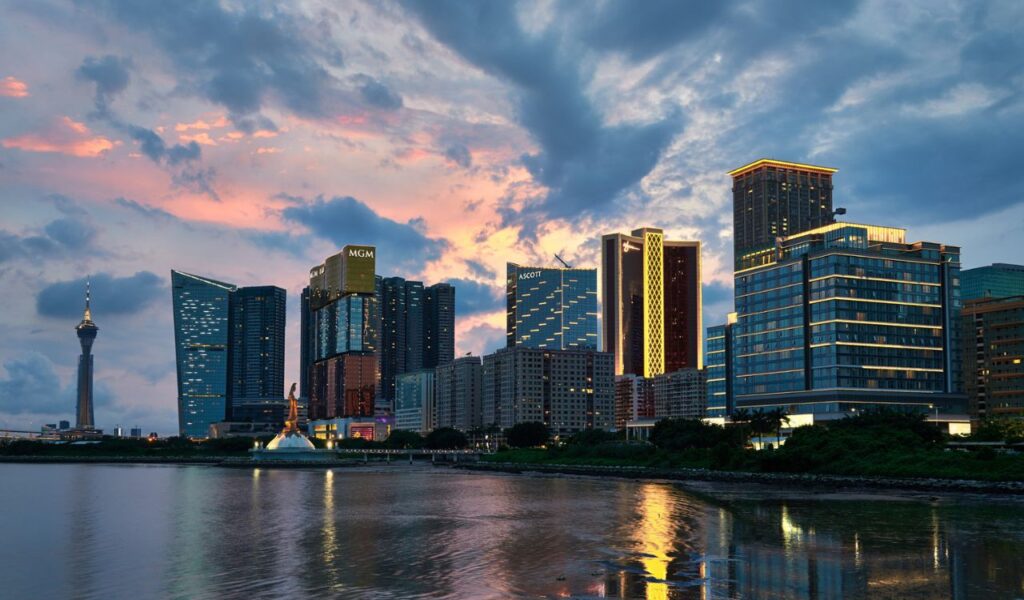
A U.S. passport alone won’t let you into China. Every traveler must obtain a visa in advance, which means filling out extensive paperwork, providing fingerprints, and often securing hotel or business confirmations. The rules are rigid, and incomplete applications can be rejected outright. Multiple-entry visas are possible but not guaranteed. For short stays, even transits through Chinese airports can have restrictions. American travelers need to prepare thoroughly, as border officers enforce the rules without flexibility.
3. North Korea

In practice, a U.S. passport has almost no value when it comes to North Korea. Not only do American travelers need special approval to visit, but current restrictions prohibit most types of U.S. travel entirely. The only way in is usually through highly controlled tours, and even those are rarely allowed. Independent travel is impossible, and movement inside the country is tightly monitored. In this case, holding a U.S. passport is more of a barrier than an advantage, leaving the country effectively closed.
4. Iran
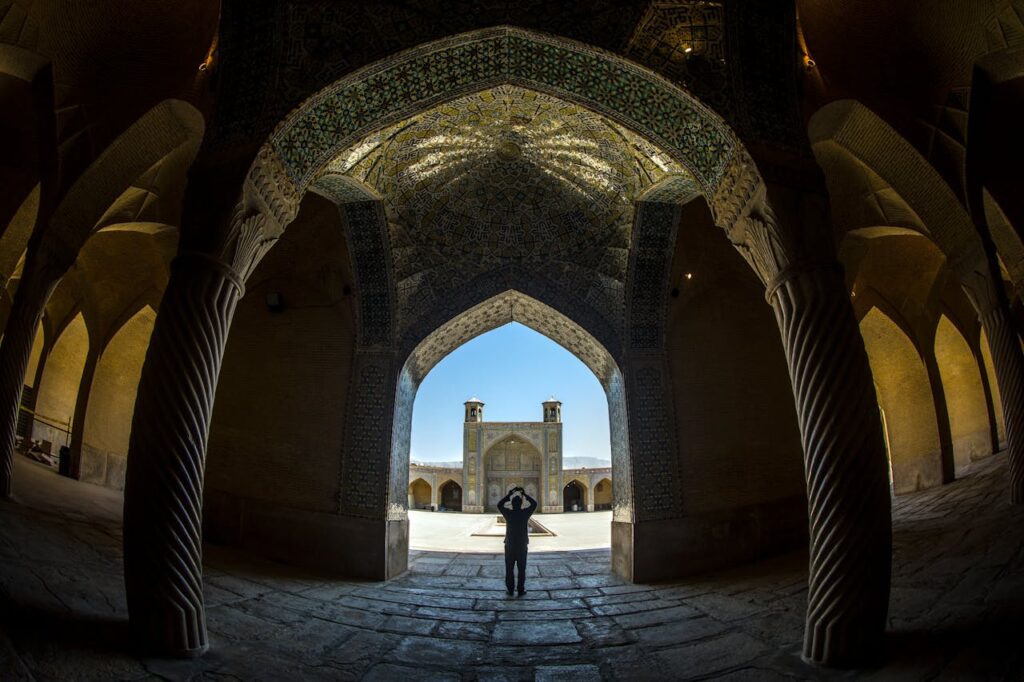
Iran enforces some of the strictest entry rules for American visitors. Travelers must apply for a visa well in advance, and applications often require a sponsoring tour company or government-approved guide. Solo travel for U.S. passport holders isn’t allowed, meaning visitors are constantly accompanied. Processing times can be long, and approvals are never guaranteed. Even after entering, strict rules govern where travelers can go and what they can do, so carrying a U.S. passport here offers no shortcuts.
5. Venezuela
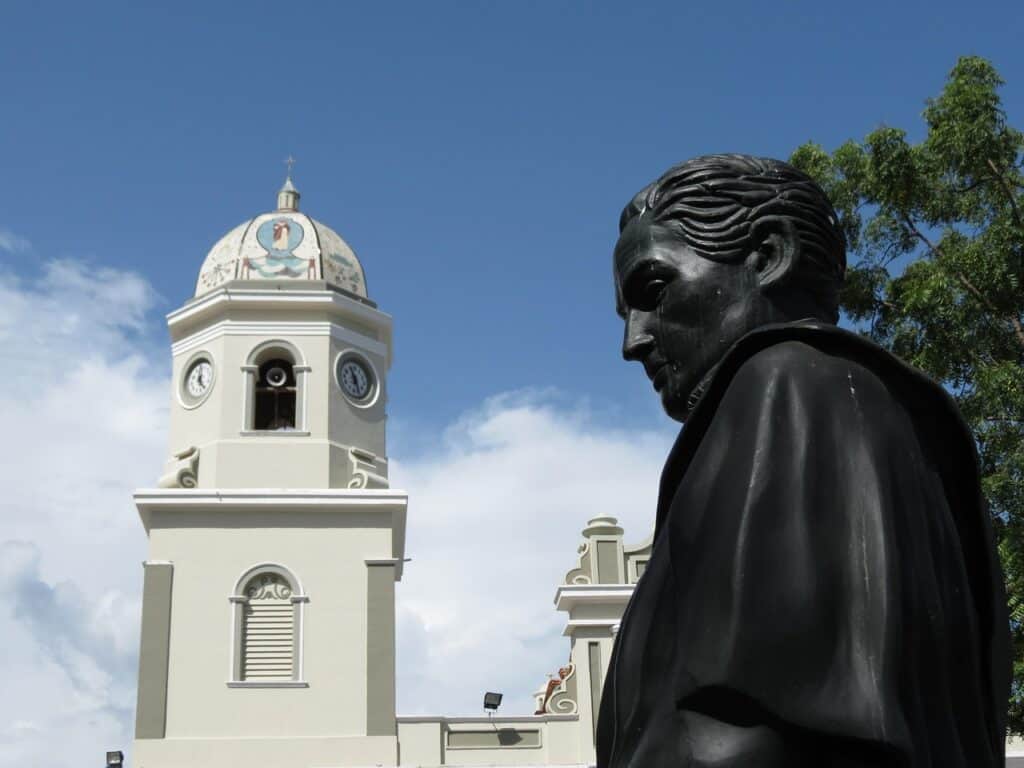
Despite its once-friendly visa policies, Venezuela has tightened its entry rules for Americans. A U.S. passport isn’t enough; you need a visa secured in advance, and the application process can be unpredictable. Requirements include proof of funds, flight itineraries, and other documents, but approvals are inconsistent. On top of that, ongoing political tensions mean applications are sometimes denied outright. Even if granted, expect close scrutiny at entry points, making travel here complicated despite your passport.
6. Cuba
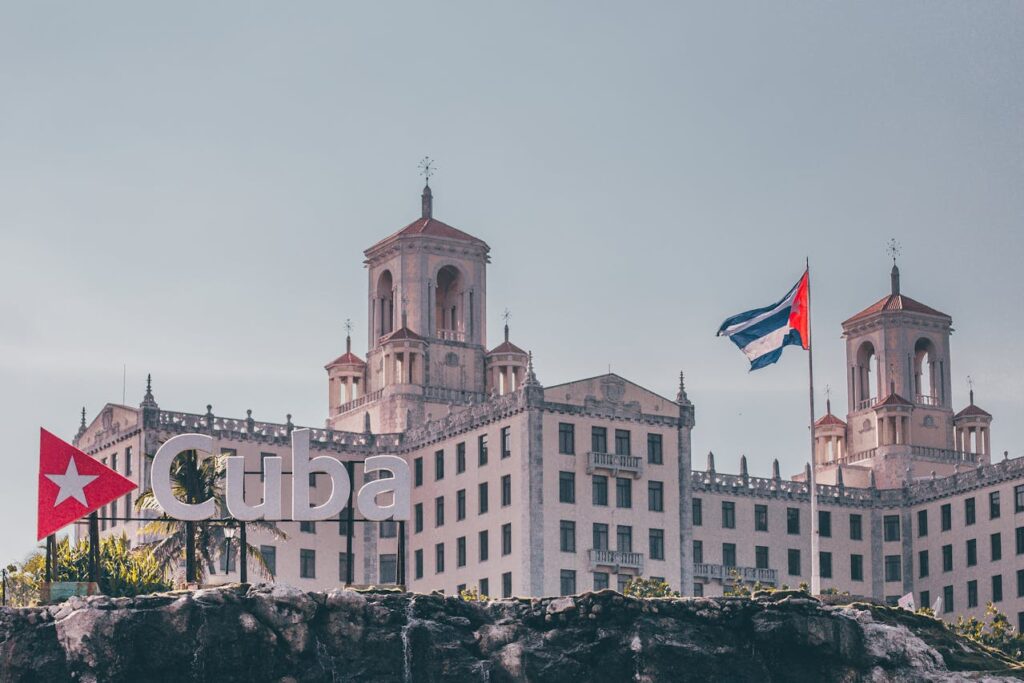
A U.S. passport won’t automatically grant smooth entry into Cuba. Americans face unique restrictions compared to other travelers, with visits permitted only under specific categories like family visits, education, or humanitarian work. Pure tourism isn’t officially allowed. While visas exist, they must align with the stated purpose of travel, and rules shift depending on current policies. Even when allowed, travelers must keep detailed records of their trip. Your passport alone isn’t enough; it comes with a set of added hurdles.
7. Bhutan
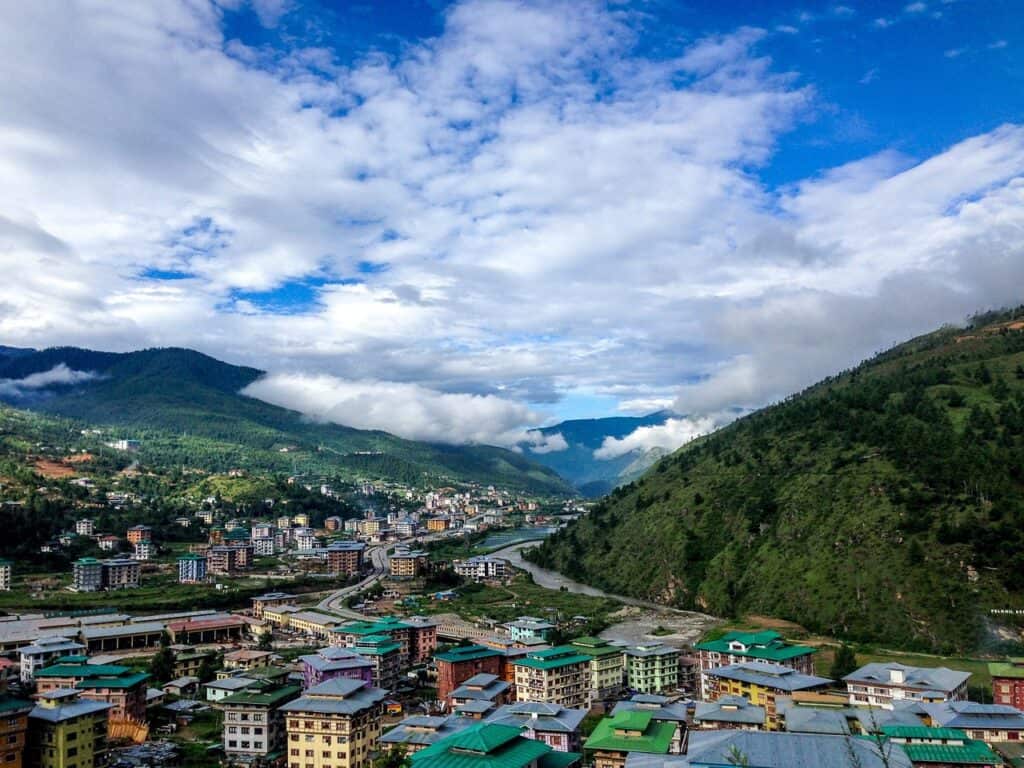
Bhutan doesn’t recognize the power of a U.S. passport for easy entry. Every visitor, regardless of nationality, must book through licensed tour operators who arrange visas, accommodations, and guides. Independent travel isn’t permitted. Americans can’t simply fly in with their passport and expect access. Instead, hefty daily fees are required, covering lodging, meals, and guides, which makes visiting costly. The process ensures controlled tourism, but it strips U.S. travelers of any passport-related advantages.